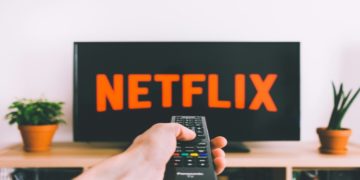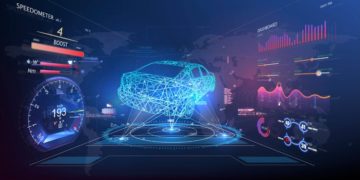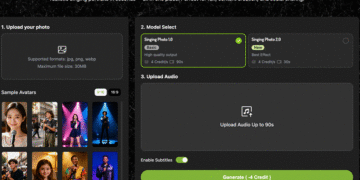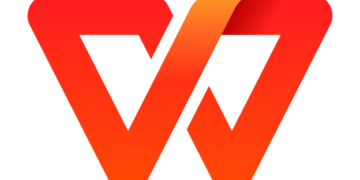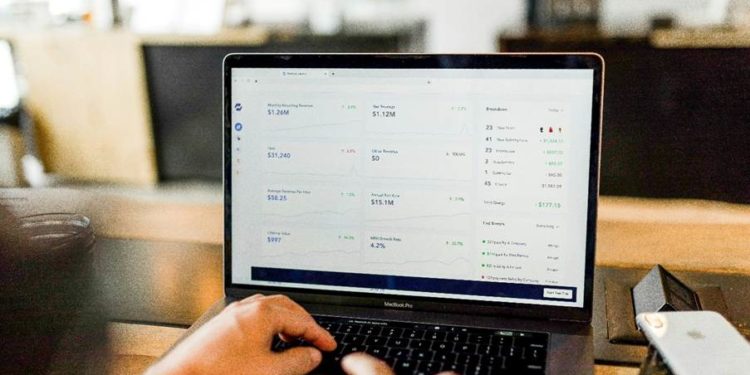The Evolution of PPC Campaigns
Pay-per-click (PPC) advertising has long been a cornerstone of digital marketing. From search engines to social media platforms, PPC allows businesses to place targeted ads in front of potential customers and pay only when those ads are clicked. However, as the digital landscape grows increasingly competitive, traditional approaches to PPC are no longer enough to secure a strong return on investment (ROI).
Modern marketers are turning to PPC services that combine advanced targeting, automation, and data-driven insights. These services go beyond simple keyword bidding, helping businesses identify high-value audiences, optimise ad placements, and track performance across multiple channels. By leveraging sophisticated algorithms, AI, and machine learning, PPC services can now recommend budget allocations, predict click-through rates, and forecast conversion outcomes – all in real time.
This shift from manual optimisation to intelligent automation marks a significant step forward in campaign strategy. Businesses that adopt advanced PPC strategies are able to maximise ROI, reduce wasted spend, and ensure that every marketing pound contributes to measurable results.
Key Strategies for Campaign Optimisation
To achieve maximum efficiency in 2025, PPC campaigns should focus on three core areas: targeting, creative optimisation, and budget management.
- Precision Targeting – Modern PPC platforms allow for granular audience segmentation. Beyond demographics and interests, marketers can target by behavioural patterns, purchase history, and engagement with previous campaigns. For example, retargeting users who abandoned a shopping cart or engaging previous purchasers with upsell offers can significantly increase conversion rates.
- Optimised Ad Creative – High-performing ads are not just about compelling visuals or copy. Advanced PPC strategies leverage A/B testing, dynamic creative optimisation, and AI-driven content recommendations. By continuously testing variations and using machine learning to predict which combinations resonate best with different segments, marketers can boost engagement and reduce ad fatigue.
- Data-Driven Budget Allocation – One of the most common pitfalls in PPC is spreading budgets too thinly across multiple campaigns. AI-driven platforms and PPC services provide insights on which campaigns, keywords, and channels deliver the highest ROI. This allows marketers to shift resources dynamically, focusing on high-performing segments while reducing spend on underperforming areas.
- Conversion Tracking and Attribution – Understanding which touchpoints lead to conversions is critical for ROI measurement. Advanced PPC tools integrate with analytics platforms to provide multi-touch attribution, helping marketers determine which campaigns drive real revenue rather than just clicks.
- Continuous Optimisation – Digital markets evolve rapidly. Consumer behaviour changes, competitors adjust bids, and platforms update algorithms. Successful PPC campaigns require continuous monitoring, testing, and refinement to stay ahead.
By combining precision targeting, optimised creative, and data-driven budgeting, businesses can ensure their campaigns remain agile, relevant, and highly profitable.
Looking Ahead – Maximising PPC ROI in 2025 and Beyond
As technology advances, PPC strategies in 2025 will increasingly rely on automation, AI, and predictive analytics. Businesses that integrate these innovations into their campaigns will gain a competitive edge.
- Predictive Bidding – Rather than relying solely on historical performance, predictive models forecast which keywords, audiences, or placements are likely to convert in the near future. This allows marketers to proactively adjust bids and budget allocations, reducing wasted spend and improving ROI.
- Cross-Channel Integration – Consumers interact with brands across multiple touchpoints, from search engines and social media to email and display ads. Advanced PPC strategies integrate campaigns across all relevant channels, ensuring consistent messaging and optimised ad delivery. Coordinated campaigns can increase engagement, lower cost-per-acquisition, and improve overall effectiveness.
- Automation and AI Assistance – Routine tasks such as bid adjustments, keyword expansion, and performance monitoring can now be automated. AI tools analyse real-time data, flag opportunities, and even generate actionable recommendations. This not only saves time but ensures campaigns are continuously optimised for the best possible results.
- Enhanced Reporting and Insights – Comprehensive dashboards provide marketers with clear insights into performance metrics, audience behaviour, and revenue impact. These insights allow teams to make informed decisions, identify trends, and forecast future outcomes. For example, early detection of rising trends in search behaviour can inform ad creative and targeting strategies before competitors react.
- Customer-Centric Optimisation – Ultimately, the success of PPC campaigns depends on understanding customer needs and preferences. By analysing behaviour, engagement, and conversion patterns, marketers can tailor ads to individual users, increasing relevance and driving higher ROI.
Looking forward, businesses that invest in advanced PPC strategies and services will not only maximise ROI but also strengthen their digital presence, build brand loyalty, and stay ahead in a competitive marketplace. By embracing AI, predictive analytics, and cross-channel integration, marketers can transform their campaigns from cost centres into growth engines. The integration of emerging technologies not only enhances campaign efficiency but also aligns with broader industry shifts. For instance, recent developments in travel technology have demonstrated how innovation can transform user experiences and operational strategies.
PPC in 2025 is about more than clicks – it’s about precision, intelligence, and actionable insights. By leveraging PPC services, businesses can optimise every aspect of their campaigns – from targeting and creative to budgeting and reporting. The combination of automation, AI-driven predictions, and continuous refinement ensures campaigns are efficient, effective, and customer-centric.


